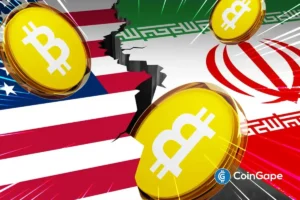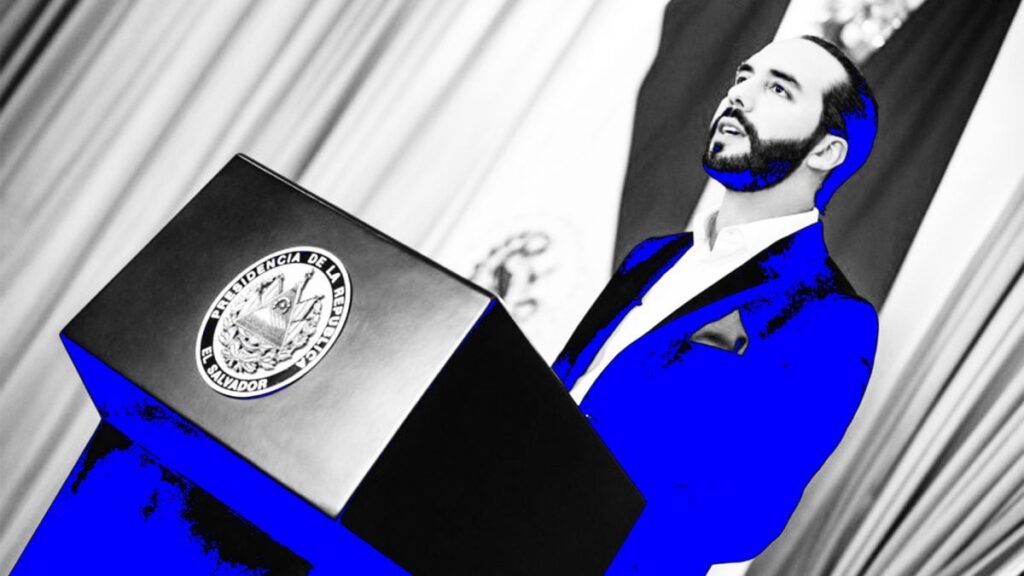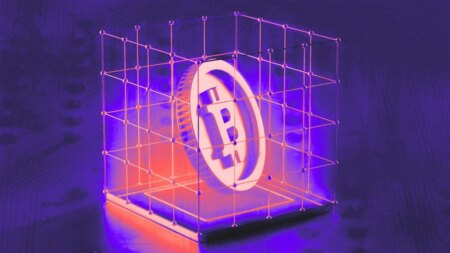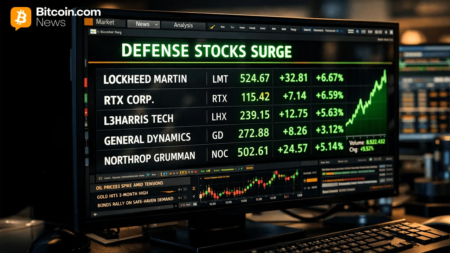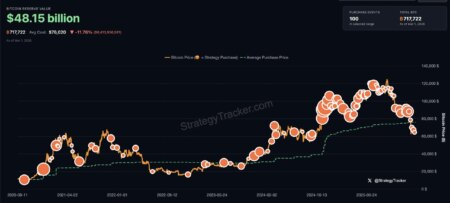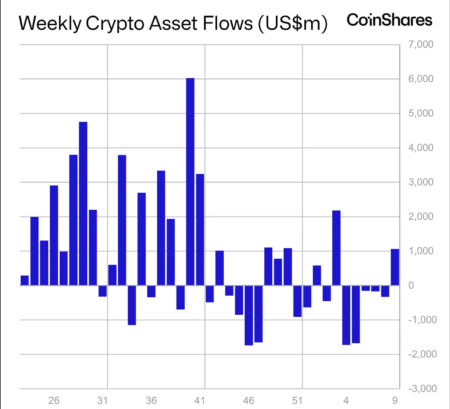El Salvador’s Bold Bitcoin Acquisition: A Milestone for Cryptocurrency Adoption
El Salvador recently made headlines by adding 1,090 BTC to its digital asset portfolio in a single day, marking the country’s largest acquisition of Bitcoin to date. This significant purchase, amounting to approximately $100 million, was executed at 6:01 p.m. Eastern Time and brought El Salvador’s total Bitcoin holdings to 7,474 BTC, valued at roughly $676 million. This move, led by President Nayib Bukele, underscores the country’s commitment to Bitcoin, especially as it navigates the complexities of integrating cryptocurrencies into its economy.
Consistent Accumulation Strategy
Since November 2022, El Salvador has adopted a consistent Bitcoin accumulation strategy, purchasing 1 BTC daily. This policy reflects a long-term vision for the integration of cryptocurrency as a legal tender, which Bukele first established in 2021. The latest acquisition comes at a time when Bitcoin’s value dipped to under $90,000, the lowest it has been since April. Historically, El Salvador has opted to acquire Bitcoin during market downturns, viewing these moments as opportunities to enhance its digital reserves. Bukele’s active promotion of Bitcoin as an integral part of the nation’s economic strategy has garnered both support and criticism.
A Controversial Stance Amid IMF Guidelines
Despite the significant Bitcoin investment, El Salvador’s actions raise questions about its compliance with a $1.4 billion loan agreement with the International Monetary Fund (IMF). According to the terms of this agreement, the public sector is prohibited from purchasing Bitcoin, creating a discrepancy between Bukele’s public statements and the finance ministry’s reports. In July, senior finance officials claimed that no Bitcoin purchases had been made since February, casting doubt on Bukele’s assertions of continued acquisitions. An official IMF report clarified that the increases in Bitcoin holdings were due to a consolidation of various government wallets rather than new purchases.
Bukele’s Defense of Bitcoin Strategy
Stacy Herbert, head of the Bitcoin Office, has publicly defended El Salvador’s ongoing Bitcoin purchases, reinforcing the country’s commitment to its digital currency strategy. She has suggested that certain "Bitcoiners" place more trust in the statements made by the IMF than in the actions of El Salvador, which are permanently recorded on the blockchain. This ongoing tension between national policy and international financial obligations highlights the complexities El Salvador faces as it navigates its dual identity as a Bitcoin advocate and borrower from international financial institutions.
Market Implications and Investor Reactions
El Salvador’s aggressive acquisition strategy has implications for the broader cryptocurrency market. By continuing to purchase Bitcoin during market dips, the country positions itself as a significant player in the evolving landscape of digital currencies. This approach not only aims to bolster national reserves but also reflects a commitment to a decentralized financial future. As El Salvador’s Bitcoin holdings increase, so too does its influence among other nations considering similar paths. Investors are closely monitoring the situation, with some viewing El Salvador’s strategy as a blueprint for future cryptocurrency adoption.
Conclusion
El Salvador’s recent acquisition of 1,090 BTC illustrates its unwavering commitment to Bitcoin as a foundational element of its economic development strategy. While the country faces internal and external pressures regarding its financial decisions, President Bukele and his administration remain steadfast in their belief in cryptocurrency as a means to foster economic growth and financial inclusion. Moving forward, how El Salvador reconciles its Bitcoin ambitions with adherence to the IMF’s stipulations will be critical in shaping the nation’s economic future and its role in the global cryptocurrency landscape.

